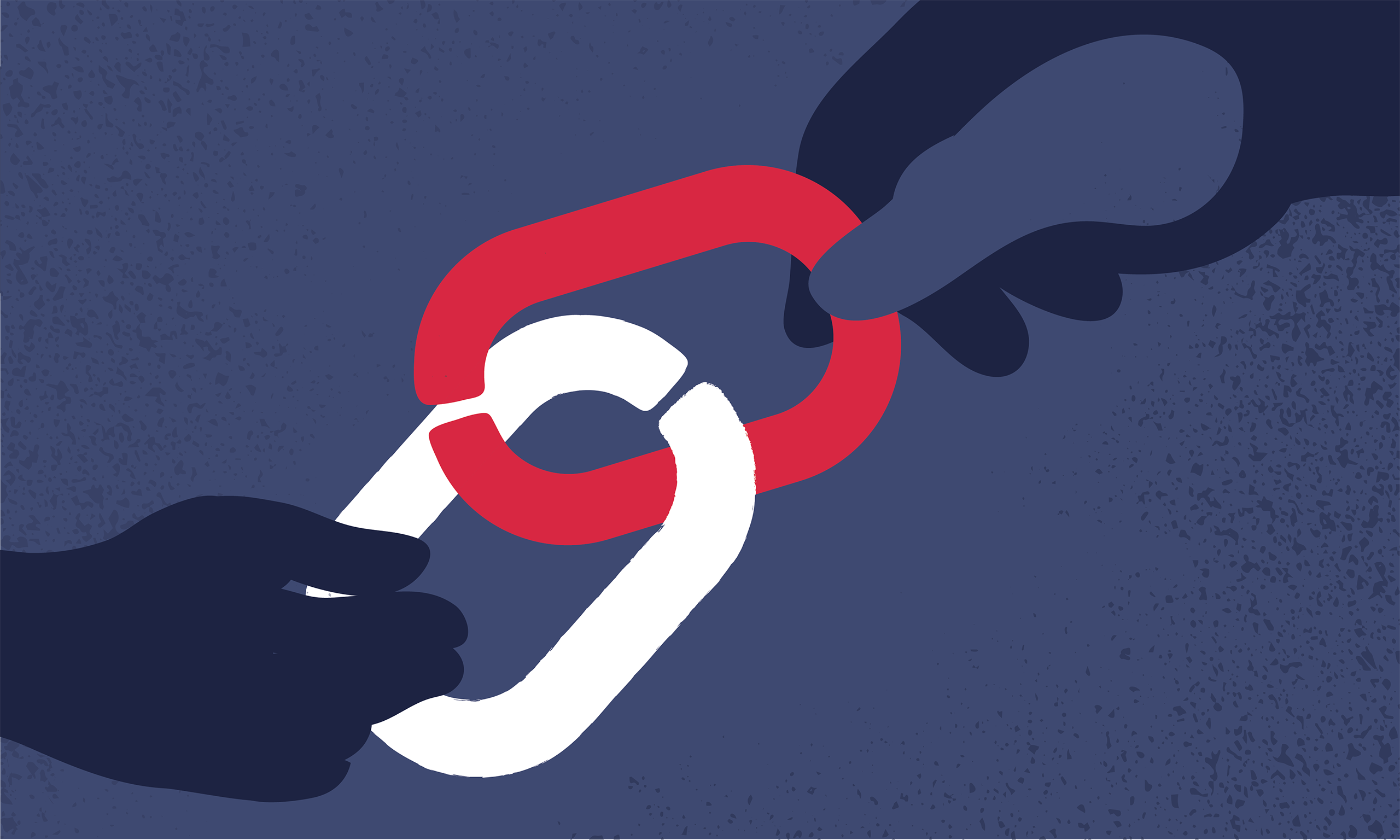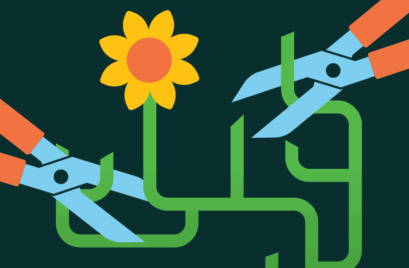
We are living in an Age of Affinity and when it comes to work, people are attracted to organisations and teams that share their purpose and values. For leaders, one implication of this is the importance of finding the right people, who are passionate about building a brighter collective future. Another is cultivating affinity across your organisation. And the key component for building connection, alignment, and affinity, is trust.
Most of us have experienced at some time or another in our lives a low-trust environment, whether in work or elsewhere. There’s that feeling in the pit of your stomach and a certain “looking over your shoulder” mentality. What we are sensing is scarcity thinking and behaviours, antagonistic modes of interacting, misalignment, and skepticism about the motives of others. It’s not an environment we want to remain in and, certainly, not where we thrive.
What’s more, we are in a time where intra-team trust is at a low ebb due to extended periods of remote work. While flexible and secure work has helped to build trust in organisations and leaders more generally, we are not seeing our teammates and having those small interactions which establish trust over time.
So, what is organisational trust, and how we do foster it as leaders both with, and within, our teams?
The Case for Trust
It is well established that trust is a strong predictor of performance and job satisfaction. Employees in high-trust companies are more likely to enjoy their jobs, feel aligned with the company’s purpose, and feel closer to their colleagues.
They are also more productive and innovative. A study of 30 NCAA basketball teams found that trust in the coach had a significant impact on the winning percentage for sports teams.
Trust is also important for navigating the unknown – something we have all had a strong taste of over the past two years. Those companies with resilient cultures of trust were best placed to navigate the turbulent circumstances of the pandemic, as team members trusted in the capabilities and goodwill of leaders.
The benefits of high-trust environments are clear, and increasingly, the drivers for trust are being mapped out as well.
Trust Drivers
Frances X. Frei and Anne Morriss in their work with some of the largest companies across the world have identified three key drivers for trust: authenticity, logic and empathy.
- Authenticity means the trustee feels they are seeing and experiencing the real you. Leaders will not be perceived as trustworthy if their words or actions come across as a persona or mask.
- Empathy means the trustee has a real sense that you care for them and their interests. The feeling of empathy builds with time and requires both an understanding of the trustee’s needs and demonstrative action to fulfill them.
- Logic means the trustee believes you are capable of accomplishing what you say. This connects to ideas of dependability, consistency and competence in leaders delivering on their promises.
As a leader then, we need to be thinking about how we can amplify these drivers in our leadership practice. Consider where our strengths lie across each of these axes and where special attention might be required.
We also want to encourage these dimensions of connection within our teams. This goes hand in hand with building affinity – purpose-driven organisations that are human-centred and authentic.
Building Trust
There are a range of leadership behaviours we can prioritise in order to supercharge the drivers of trust. Consider the following:
For authenticity:
• Ground your leadership style in your own personality (not someone else’s)
• Be vulnerable by sharing your aspirations and fears
• Disseminate information in a spirit of transparency
For empathy:
• Facilitate whole-person growth and empowerment of those around you
• Recognise and celebrate the accomplishments of others
• Prioritise time to build relationships not just projects
• Acknowledge the emotions and subjective experiences of your network
For logic:
• Provide your team with a vision and direction that connects the dots
• Make a plan and then follow through
• Feedback the successes of the organisation
Trust accrues over time and through countless little interactions. Think about building trust as a practice, something you do every day in many small ways, along each of the axes of the trust drivers. For example, it’s the more personal coffee catch-up you have with a direct report over and above routine meetings or the time taken to talk through the high level goals of the organisation with those on the ground.
These same principles can be applied to trust-building within teams. Create the spaces for your teams to connect on a personal level, celebrate each other’s accomplishments and share their hopes and worries.
And the sooner you start the better. When it comes to biology, we know that trust is linked to a chemical in the human brain called oxytocin. This has an important consequence for the timing of your trust-building efforts, as oxytocin production is inhibited in high-stress circumstances. We need to be laying the groundwork early and not just trying to pick up the piecesafterwards.
As the world only seems to be accelerating into change and evolution, building trust should be a key priority for keeping your organisation adaptable and unified. By cultivating the seeds of trust, you will find that affinity and alignment naturally grow in such a fertile environment.
Need More Help?
Keen to find out more about how your organisation can build trust in the age of affinity? Performance Frontiers are experts in helping guide leaders to draw on the power of authenticity, empathy, and logic to supercharge connection and cohesion. Speak to Natasha today about how we can partner with you to establish a culture of trust in your teams to keep your organisation adaptable and unified today.








